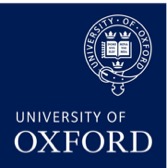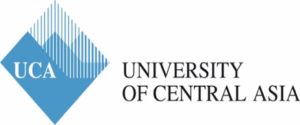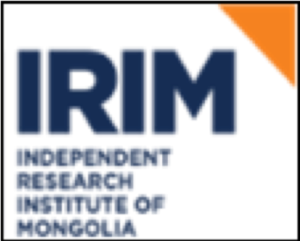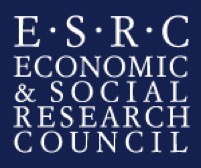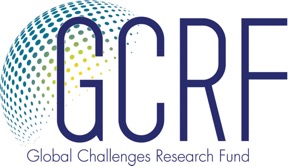Complexity surrounding simplicity: Revisiting the case of Herlen Bayan-Ulaan Reserve Pasture Area, Mongolia.
By S. Undargaa, Independent Researcher
Issues surrounding mining and/or land grabs for resource extraction, including appropriating public use areas, present a complicated relationship between stakeholders in a complex environment of political economy/ecology. Some cases, already fraught with dispute, are then exploited for other purposes with the result being unequal benefit distribution. The Gobi Framework for research on the stakeholder mediation model may become more relevant in many other parts of Mongolia, including the Herlen Bayan-Ulaan (HBU) Reserve Pasture Area (RPA) in Delgerhaan district, Khentii Province. HBU Mountain is the largest state-run RPA. Historically known as “Huduu Aral” (Country Island), it is well known for its 100 springs and 1000 livestock camps since ancient times. Historically, the area was used by lords, noblemen and regular herders to graze their livestock during harsh winters. In 1962, the Ministry of Food and Agriculture (MFA) turned the area into the state-run RPA in order to support herders from different provinces in overcoming harsh winters. At the time the territory belonged to the former Dolood rural micro-district, Delgerhaan, Hentii Province.
The HBU case illustrates a complicated relationship between stakeholders, who have claimed this territory by employing various conflicting statutory and/or customary legal and extra-legal laws and regulations. During the 1990s, with the advice of international donor organizations, the government dismantled the historical fundamentals – integrated management of livestock, labor and pasture under the co-management of state territorial administration and its herders – that governed pastoral society in Mongolia[i]. This resulted in a rush to recompensate for lost power and authority that stakeholders exercised previously. In the HBU case, the local administration lost its historical ability to control migration and livestock numbers. They allowed business entities and an increasing number of migrant herders, with ever increasing livestock, to seek legitimacy in accessing pastoral resources via customary rule, legal resident registration, and legal possession of campsites and/or land. As a result, the MFA, local administrations, business entities, migrant and local herders all dispute use of the HBU area at the expense of local herders’ customary access to pasture. To take control of matters, the ministry re-established the HBU RPA in 1998. In 2009[ii], all herders were evicted for a couple of years in order to rehabilitate the land. Due to the tremendous struggle that herders experienced during the harsh winter of 2009-2010, the ministry changed their policy to seasonal rehabilitation. In 2017, as overcrowding from migrant herders and livestock continued, the ministry decided to invalidate permits for legal possession of campsites and land and resettle all herders and business entities elsewhere. This led to opposition from stakeholders, who questioned the intention of the ministry’s action[iii].
The HBU RPA case is hardly an exception as in many centrally located soums, aimags and/or cities including Erdenent and Bulgan, herders have struggled to access pastoral resources due to increasing migration, mining, and other special uses. Understanding the many factors involved in these cases may contribute to better communication and preparedness among stakeholders in a deeply conflicting legal environment, and unstable socio-economic and climatic conditions in Mongolia.
[i] Undargaa, S and McCarthy, J.F (2016), Beyond Property: Co-management and pastoral resource access in Mongolia. World Development, 77, 367–379.
[ii] Undargaa, S (2016), Pastoralism and Common Pool Resources: Rangeland Co-management, Property Rights and Access in Mongolia. Routledge.
[iii] https://www.facebook.com/TV4mongolia/videos/1508907592612638/. The correspondent L.Bayarjargal, TV4 Mongolia, issued the author the right to translate and use this video in 22.04.2020 via Facebook messenger.
